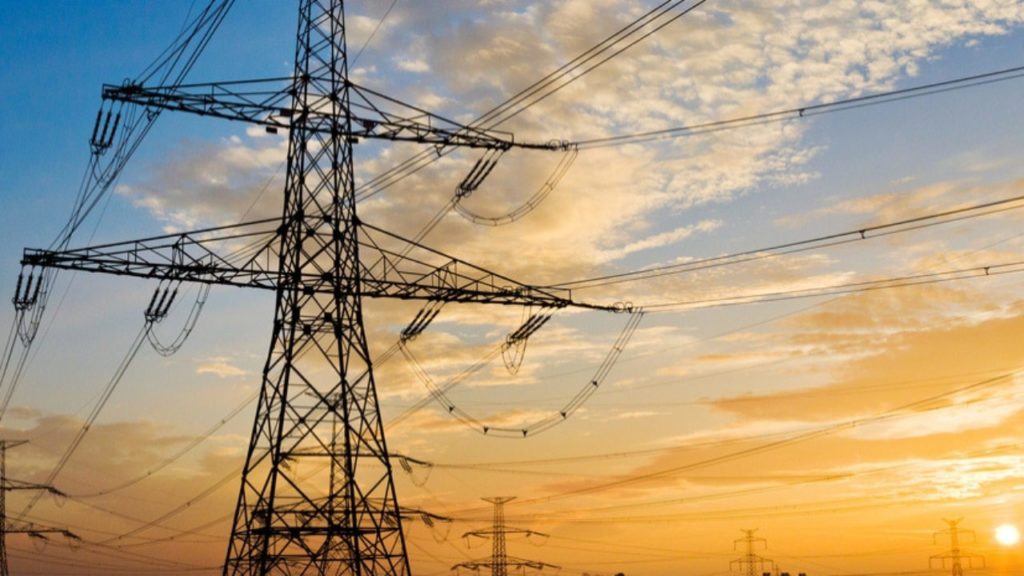Electricity Tariff Capped At Rs 12/Unit Across India: Find Out Why?

Power regulator Central Electricity Regulatory Commission has set a cap on power price on power exchanges to Rs 12 per unit from Rs 20.
Protecting Consumer Interests
Taken into consideration was desperate buying by state electricity distribution companies to meet demand and the rising cost of imported coal.
The intervention, taken after 13 years, was made in consumer interest and to reduce chances of profiteering by power generating companies.
The commission explained that abnormally high prices even for a brief period could hurt consumers’ interests and erode buyers’ confidence in the market.
Skewed Demand-Supply
In its order, the commission said that buy bids on power exchanges have been more than double of the sell bids.
This is indicative of higher demand and lower supply.
Prices are becoming high due to aggressive bidding by buyers.
On March 25, the average spot power prices were over Rs 18.7 per unit.
The maximum price has been frequently touching the ceiling of Rs 20 per unit.
Electricity demand increased substantially in March and touched 199 GW on March 17.
Since then, it has been hovering around 195 GW.
Why The Surge In Demand?
The surge in demand can be attributed to the onset of summer and an uptick in economic activities after the pandemic.
Power demand is likely to rise further since most parts of the northwest, northeast and central regions will face temperatures above normal in April.
CERC expects this kind of demand-supply position to persist longer with continuous increase in demand as summer intensifies and increase in supply not until May when wind and hydro based generation are expected to come into play.
It said that this price moderation will be in keeping with the present market realities and shall not have any significant impact on the volume transacted and safeguard the consumer interests.

Comments are closed, but trackbacks and pingbacks are open.